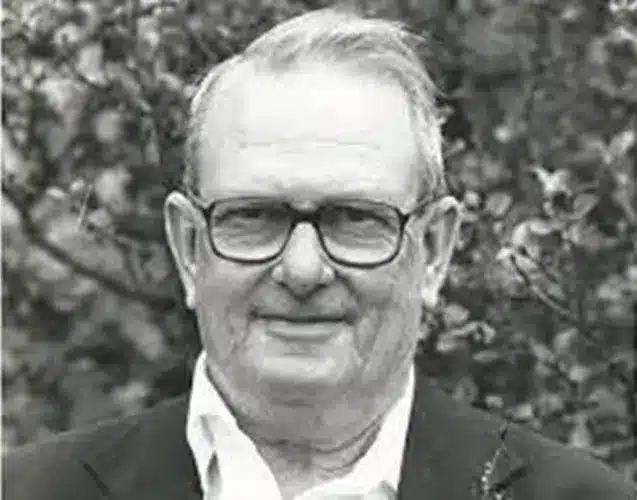Allan McLeod Cormack (23 February 1924 – 7 May 1998) was a South African-born physicist. He was awarded the Nobel Prize in Physiology or Medicine in 1979, along with Godfrey Hounsfield, for their contributions to the development of computed tomography scanning.
Life and Career
He was born on 23 February 1924, in Johannesburg, South Africa. He got enrolled at the University of Cape Town to study Electrical Engineering. He switched to physics a few years later. He graduated with a B.Sc. in physics and an M.Sc. in crystallography from the University of Cape Town.
He then earned his Ph.D. in physics from the University of Cambridge in England.
In 1950, he joined the University of Cape Town’s physics department as a lecturer. He was mentored by Professor R. W. James, the head of the physics department in Cape Town, which helped him gain insights and publishes papers on the subject.
He worked on nucleon-nucleon scattering experiments at the Harvard cyclotron with Norman Ransey and Richard Wilson during his sabbatical.
He served as a professor of physics at Tufts University in Massachusetts for many years until his death.
Cormack’s work on CT scanning involved using mathematical techniques to reconstruct images from X-ray data, allowing for the creation of detailed images of internal structures without the need for invasive procedures. His work was instrumental in the development of the modern CT scanner, which has become an essential tool in medical diagnosis and treatment.
In addition to his work on CT scanning, Cormack made significant contributions to the fields of nuclear physics and particle physics.
He died on 7 May 1998 in Winchester, Massachusetts, United States.
Award
He was awarded the Nobel Prize in Physiology or Medicine in 1979, along with Godfrey Hounsfield, for their contributions to the development of computed tomography scanning.

